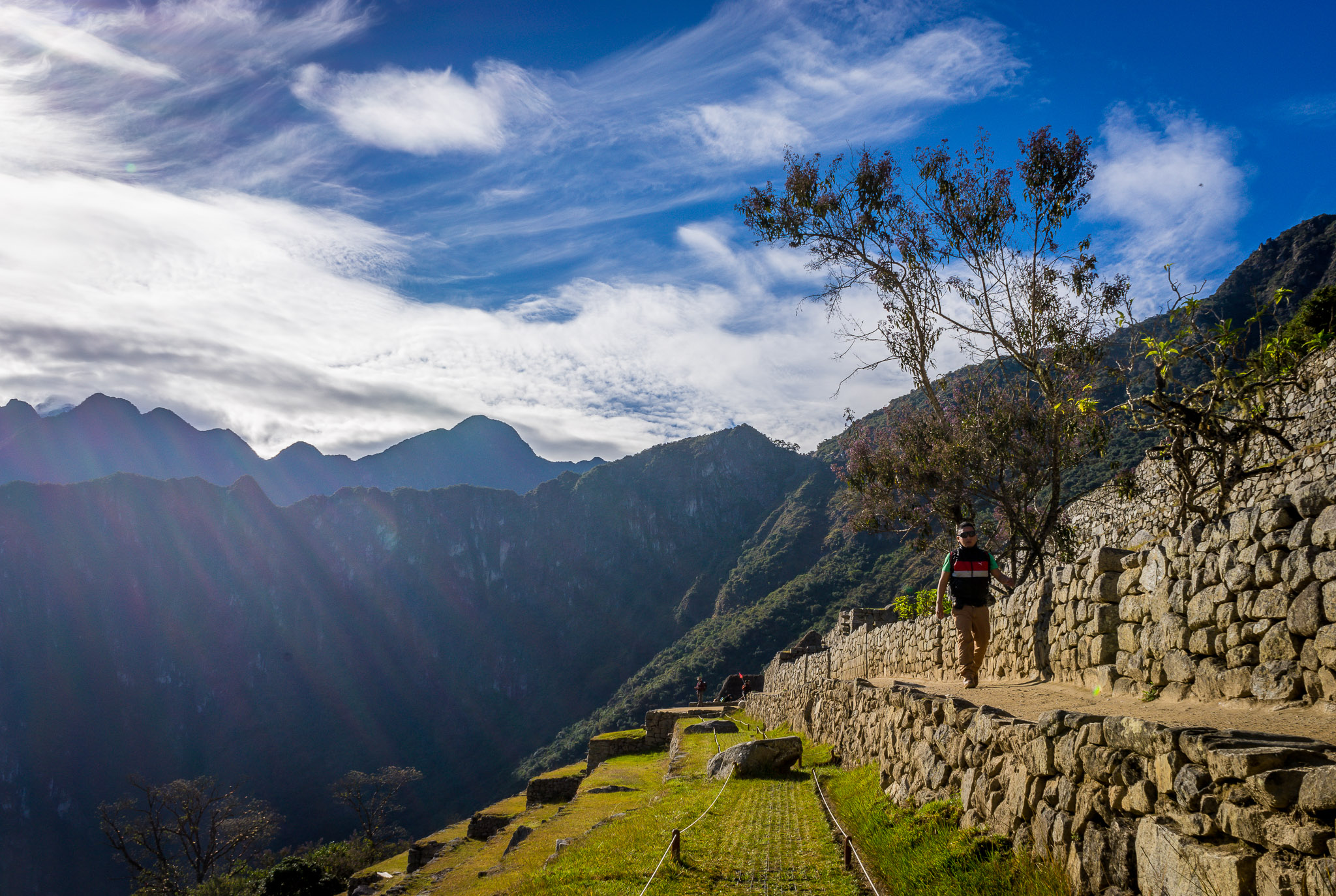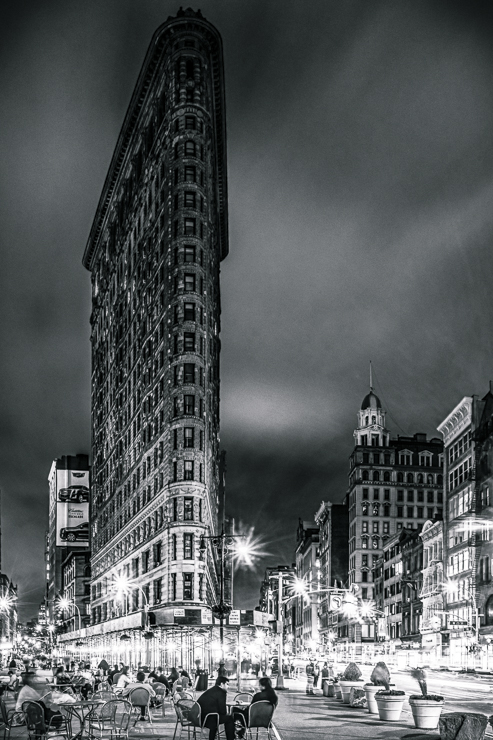Stories are important. What story are you writing? – Andy Luten
I know what you’re thinking, “Did he really just quote himself?” Yes. Yes I did. There are times in life where I’m good at coming up with exciting introductions, and then there are times when I woke up at 2am and couldn’t think of anything (I typically save the introduction for last when writing a post).
How do you plan trips?
Ok, this post might get a little philosophical, so first I want you to think of how you typically plan a trip. Whether you book through a travel agency or do the group thing or even travel solo like I do fairly often, most people plan trips in the same order: plane ticket, hotel, what you’re going to do. There’s nothing really wrong about this, as it addresses Maslow’s Hierarchy of Needs for most people. There’s nothing really wrong with this either. So what the heck am I going on about? Maybe there’s a different way of planning for a trip. Not better or worse, just different.
Stories
Like my self-quote above says, it’s important for all of us to think of the stories we’re writing. I’m not even talking about Meaning of Life type stuff, which is where people usually get stuck. Rather, I’m talking about how we can radically change the way we travel by thinking of travel as a story. Let’s look at some elements of a story and see how they can apply to travel:
- Setting
- Theme
- Protagonist(s)
- Antagonist(s)
- Beginning
- Climax
- End
- Epilogue
Some of these are a bit more obvious than others, but we’ll take a deeper dive into each of them nonetheless over the next few posts. Today we’ll discuss Setting.
Setting
This one is pretty basic: the setting is where the story takes place. While it seems obvious and redundant, it’s important to think about when you’re thinking about a trip. Let’s look at a trip I’m thinking of taking to Singapore this weekend (because normal people think of flying halfway across the world at the last minute like that, I know). So what’s my setting? Obviously Singapore is my setting, but there are others. If the flights I want open up, my trip will take me through the following settings in addition to Singapore: my mansion house luxury penthouse massive apartment condo in Dallas, DFW airport, LAX airport, the Tom Bradley International Terminal at LAX, a Cathay Pacific 777-300ER, and Hong Kong.
I could get even crazier and start listing out the hotels I’ll be staying at (if I knew which ones they were), or list out the Hong Kong Airport Express train into town, or the restaurant that I’d plan on waiting an hour in line to eat at in the MTR station in Hong Kong. Or even I could say my trip started at work, since that’s what pays for these trips. I won’t get that ridiculous though.
What’s the point of this analysis? The story of your trip doesn’t start when you arrive at your destination. For most people the travel to get to their destination is viewed as a necessary evil (and who could really blame them). What if all of the waypoints are just additional settings in which the story of our trip takes place? Now, does this automatically make transiting LAX on a short connection easier or better? Of course not. But at least for me it helps me keep my eyes peeled for elements that can contribute to the story of the trip before I get to my destination.
The great storytellers not only describe the look of a setting but also the feel. Was there something special a flight attendant or gate agent did? Make a mental note. Was the person at the magazine stand especially nice? Mental note. Small details like this add richness and depth to a story. Think of that as you plan your trip and go on it. What does each place feel like? Was the airport frenetic? Were passengers stressed, were they jovial? How were you? How was your family?
Here’s the thing: settings are relatively static environments. If you take the people out of an airport, it won’t get lonely. Settings are emotionless, humans add emotion and context (for better or worse…).
Takeaway: Let’s take a look at your next trip (whether it’s planned or not). Examine the setting(s). Where could your trip pass through? How could the setting(s) affect the story of your trip? Leave some comments and let me know!




